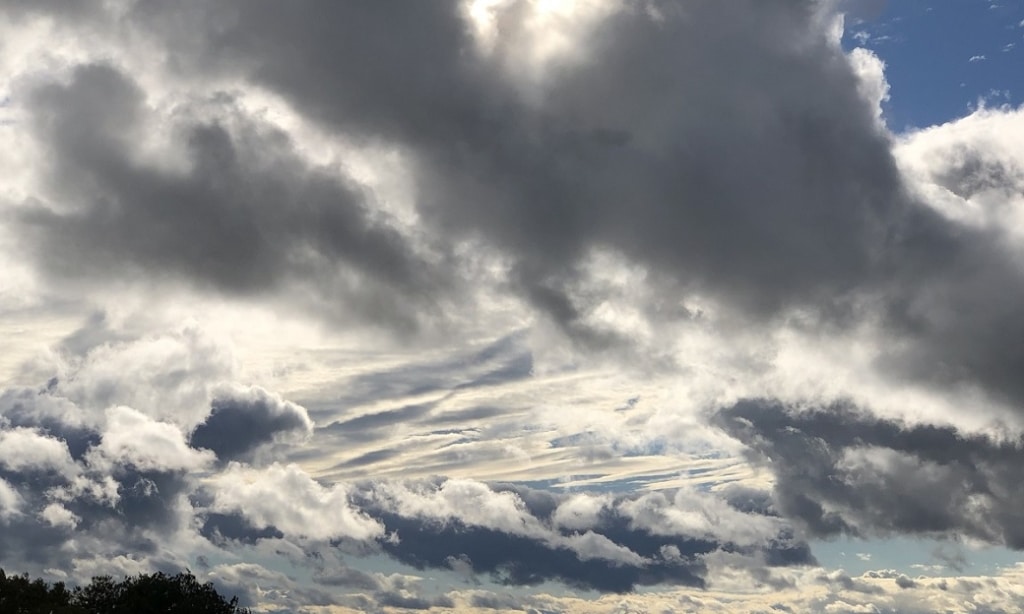Psilocybin, which is produced by many species of mushrooms, is a naturally occurring psychedelic compounda group of substances that change or enhance sensory perceptions, thought processes, and energy levels which has shown substantial effects for managing anxiety and depression among people with cancer.
How do experts use psilocybin?
Medical groups provide recommendations for psilocybin in treating people with cancer. Learn more about the approaches and meanings of recommendations ›
Clinical practice guidelines
Inconclusive evidence to make recommendations for or against psilocybin to improve anxiety or depression symptoms in people with cancer regardless of when in the course of care
Dosing
Dosing is discussed in this article: Garcia-Romeu A, Barrett FS, Carbonaro TM, Johnson MW, Griffiths RR. Optimal dosing for psilocybin pharmacotherapy: considering weight-adjusted and fixed dosing approaches. Journal of Psychopharmacology. 2021 Apr;35(4):353-361.
Stories from people with cancer

This psychedelics researcher approached his death with calm and curiosity ›
A researcher who spent the later stage of his career exploring the ways that psychedelic drugs, specifically psilocybin, could help patients with depression, addiction issues and even terminal cancer, shared his story when he was diagnosed with stage 4 cancer. From National Public Radio.
Journal articles include conversations with cancer patients describing their experiences of psilocybin-assisted psychotherapy:
- Malone TC, Mennenga SE et al. Individual experiences in four cancer patients following psilocybin-assisted psychotherapy. Frontiers in Pharmacology. 2018 Apr 3;9:256.
- SwiftTC, Belser AB et al. Cancer at the dinner table: experiences of psilocybin-assisted psychotherapy for the treatment of cancer-related distress. Journal of Humanistic Psychology. 2017;57(5):488-519.

